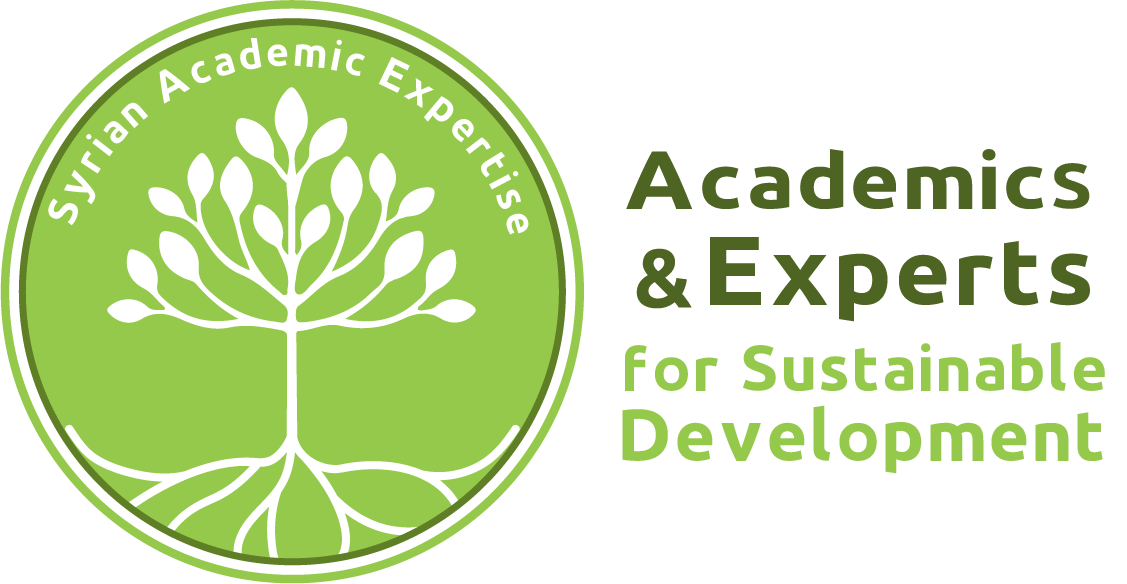Capnodis cariosa
Nematodes: The larvae of the nematodes move in the soil to reach the larvae of cappenodes in the soil and within the tree, feeding on them and growing and growing larvae of nematodes within the larvae of the cappenodes. Death of larvae of Capnodos is observed after 4-6 weeks of treatment.
2.4. Breeding and breeding nematodes: Nematode larvae are reared by the larvae of moth larvae (Gallium mellonella) with nematode eggs and white wheat. In insulating cans at a temperature of 10 ° C and repeat the propagation process after a month or two to ensure the continuity of reproduction and vitality Nematoda.
Finally, attention to service operations such as weeding, irrigation and fertilization helps to resist injury and seek to protect the leg in the crown area by placing nets or plastic to prevent the insect from laying eggs on this area.
References:
Friday, Bilal (2018). Method of combating the capnods using nematodes Unpublished search.
Baker, Amer and Miristani, Hazem (2013). Pistachio tree.
Elknas, Abdelkader (2019). Guidance on the chemical resistance of pistachio cabnodos.
Houria, Adel and Alouf, Nada and Muslim, Zakaria (2010). Inventory of Capnodis spp. Coleoptera: Buprestidae in Luziyat governorate.
– FAO (2017). http://www.fao.org/faostat/en/#data/QC.
-Basha, A.I, Padulosi, S., Chabane, K., Hadj-Hassan, A., Dulloo, E., Pagnotta, M.A. and Porceddu, E. (2007). Genetic diversity of Syrian pistachio (Pistacia vera L.) varieties evaluated by AFLP markers. Genet. Resour. Crop Evol., 54: 1807-1816.
